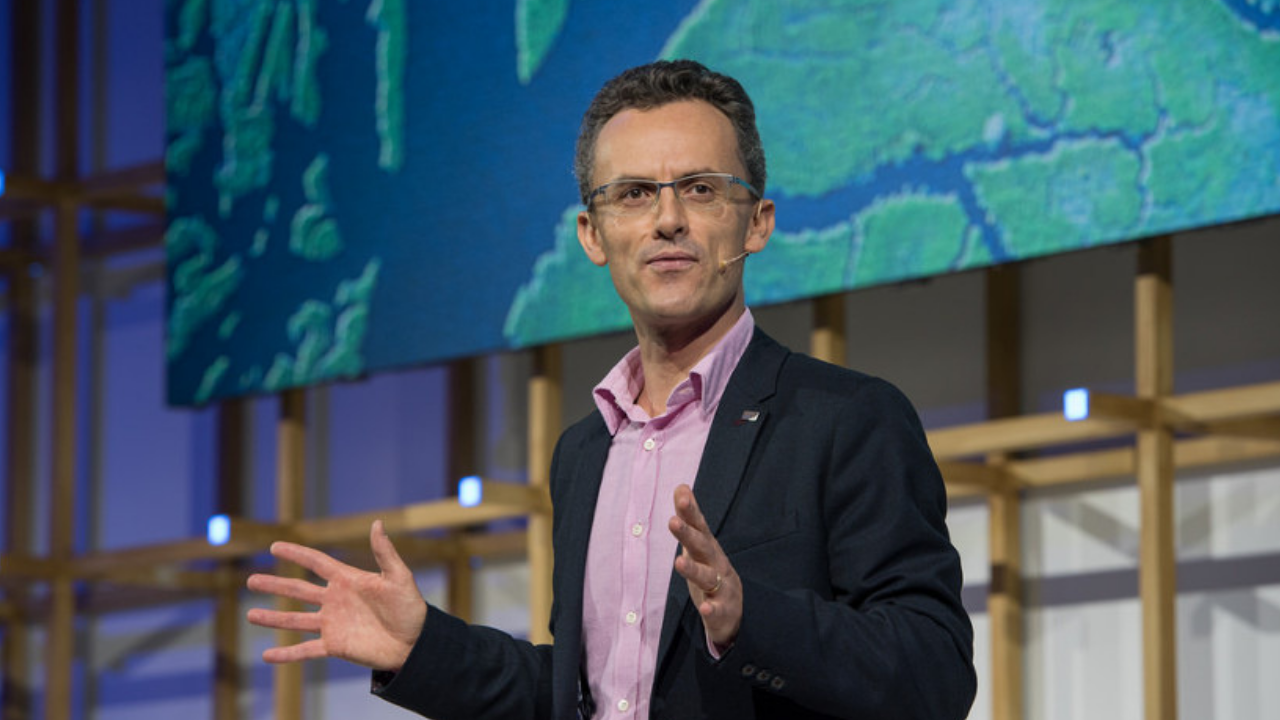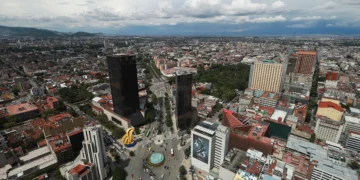Thomas Jelley, VP of Sodexo’s Quality of Life Institute, provided some insight about technology in the workplace and the evolution of work environments.
AI and IoT are giving us a better understanding of how people work, according to Jelley. He says that by having technologies that measure occupancy, temperature, lighting and more, artificial intelligence can take data and predict what members need to be productive in the workplace.
For example, Sodexo is working on smart glasses technology for maintenance technicians that equip them with a video camera, microphone and speakers connected to a remote expert. The experts can see exactly what the technicians are seeing and provide instructions and diagrams via augmented reality, as well as provide some guidance.
Jelley also explained the Sodexo employees use communications technology so that any worker using IT for work are connected anywhere at any time.
Workplace evolution has allowed organizations to build around working as a collaborative team rather the individual.
“Workplaces that have an emphasis on health and security, on tech-enhanced human social interactions, on flexible, adaptable activity-based learning, workplaces where crucial soft aspects like emotional intelligence, gender balance, and corporate responsibility – these are the workplaces that help people to bring their whole self to work, and therefore work better,” said Jelley.
The fear of AI taking jobs away from humans is farfetched, according to Jelley. While technology may be able to safely and efficiently complete tasks, humans can work in tandem with these developments rather than be replaced by them.
Despite all these advancements, Jelley explains that many of Sodexo’s services are face-to-face, but are optimistic about the implementation of technology to better serve their clients.
















